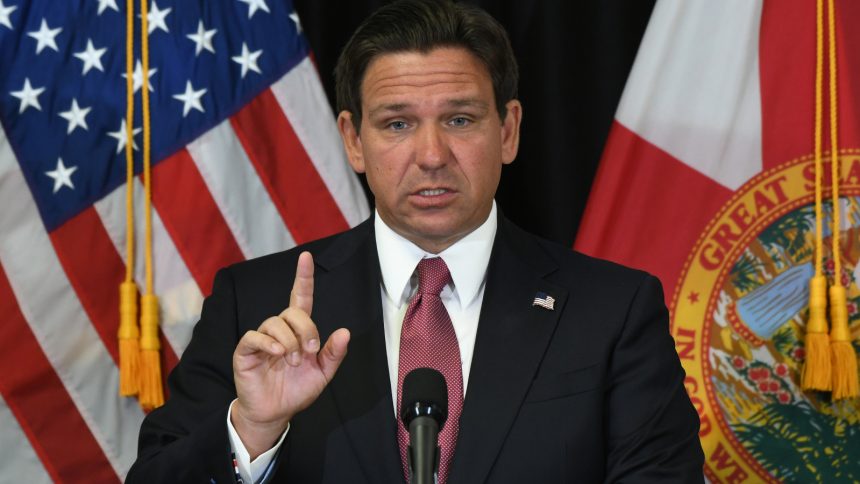South Florida endured extreme heat and humidity this week, with Key West reaching a heat index of 115 degrees F, matching a record high. The effects of climate change are evident with rising temperatures, flooding on sunny days, and toxic algae blooms. A survey from Florida Atlantic University shows that 90% of residents acknowledge climate change, and two-thirds want more action from the state government.
However, Governor Ron DeSantis is taking a different approach. Despite record-breaking heat, he signed a law removing references to “climate change” from state laws and deprioritizing emissions reductions in energy policy. The legislation also prohibits offshore wind turbines, weakens natural gas pipeline regulations, and prevents cities from banning gas-powered appliances.
DeSantis defended these actions, stating that they will keep Florida’s coast clear of windmills, ensure gas availability, and block influence from other countries. The move reflects the divide in American politics, with climate change becoming a partisan issue.
The law, effective July 1, eliminates multiple climate-related provisions, favoring cost-effective and reliable energy over emissions reduction. Critics argue that this will hinder progress towards renewable energy, potentially benefiting the gas industry. Florida currently relies heavily on gas for electricity, with minimal solar energy contribution.
The legislation also removes requirements for fuel-efficient vehicles in government agencies and restricts renewable energy targets. This shift could discourage green entrepreneurs from investing in Florida, potentially putting the state at a disadvantage compared to others.
Despite his climate change denial in policy, DeSantis has allocated funding to address other environmental challenges, such as sea-level rise and coastal resilience. However, his recent decisions have raised concerns about the state’s preparedness for future climate impacts.





